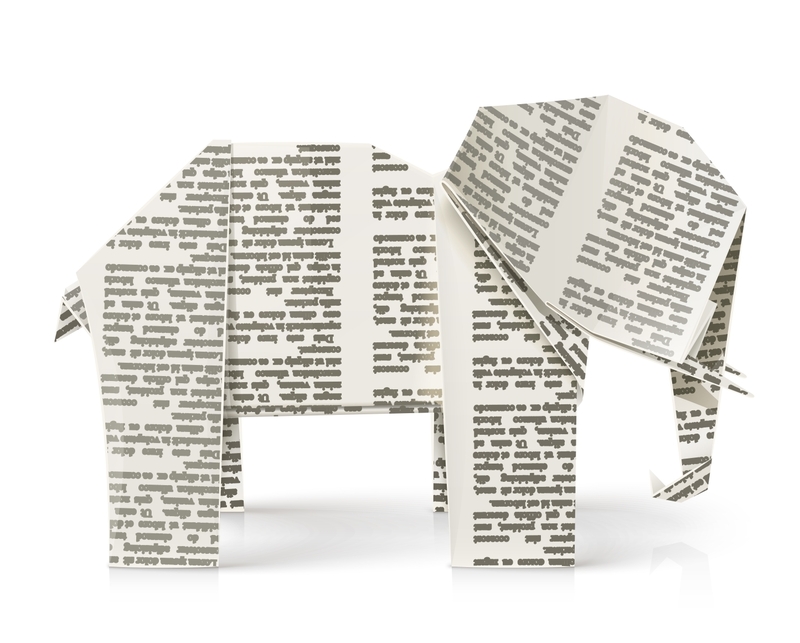How to Lower Your Expenses for Disposing of Bulky Waste Items
Bulky waste disposal can quickly become a costly affair for households, property managers, or businesses alike. This detailed guide provides a comprehensive approach on how to lower your expenses for disposing of bulky waste items, with practical tips, expert advice, and money-saving strategies. Whether you're downsizing, renovating, moving, or simply dealing with accumulated clutter, understanding efficient disposal methods is key to cutting costs and benefiting the environment.
Understanding Bulky Waste: What Qualifies?
Bulky waste includes items that are too large to fit in regular trash bins. These commonly include:
- Old furniture (couches, beds, wardrobes)
- Mattresses and box springs
- Large appliances (refrigerators, washing machines, TVs)
- Carpets, rugs, and padding
- Yard debris (large branches, tree stumps)
- Construction debris (doors, sinks, cabinets)
Since standard garbage collection services won't typically handle such items, exploring cost-effective disposal methods is necessary. Below, we'll cover the best strategies to reduce bulky item disposal costs and identify sustainable ways to manage your large waste items.

Top 6 Strategies for Lowering Your Bulky Waste Disposal Expenses
1. Take Advantage of Municipality and Regional Programs
Your local council or city waste management services may offer various options for the removal of large waste items. Here's how to make the most of them:
- Bulky Waste Collection Days: Most cities schedule free or discounted curbside pickups for large items a few times a year.
- Drop-off Sites: Some municipal recycling or landfill centers allow you to drop off bulky items for a nominal fee--or sometimes for free.
- Bulk Item Stickers: In certain areas, you can purchase low-cost stickers to attach to your items, allowing for regular pickup at reduced rates.
Tip: Always check with your local waste authority for updates on free services, discounted bulk pickup days, and accepted items. Booking these services ahead of time can help avoid emergency fees or fines for illegal dumping.
2. Sell or Donate Usable Items
One of the simplest ways to reduce disposal expenses for bulky waste is to ensure your items have a second life elsewhere. Here's how:
- Sell: Online marketplaces like Facebook Marketplace, Craigslist, or OfferUp can help you find buyers for gently used furniture, appliances, or other bulky items.
- Donate: Many charities and non-profit organizations--Habitat for Humanity ReStores, Salvation Army, or local shelters--offer free pickup for donations. This not only diverts items from landfills but also saves you on disposal fees. Remember to check donation guidelines for size and condition requirements.
- Community Giveaways: Neighborhood social media groups and "Buy Nothing" groups are great platforms for giving away large items fast.
Selling or donating not only lowers your disposal expenses but also provides social and environmental benefits, making this a win-win strategy.
3. Repurpose or Upcycle Bulky Waste
Before disposing of large items, consider whether they can be repurposed, upcycled, or creatively reused. Some ideas include:
- Turning a broken dresser into garage storage or a garden planter
- Reusing old doors as tables or room partitions
- Transforming wooden bed frames into shelving units
- Converting appliances into creative DIY projects
By upcycling, you eliminate disposal costs and potentially add value to your home, garden, or workspace. Online resources and DIY forums provide endless inspiration for such projects.
4. Compare Private Junk Hauling Services
If you must hire a professional junk removal or bulky waste hauling service, shop around first. Here's how to find the most competitive rates:
- Get Multiple Quotes: Always request pricing from at least three providers.
- Ask About Discounts: Some haulers offer discounts for multiple items, off-peak pickups, or for seniors and veterans.
- Sort Items Yourself: Separating recyclables, hazardous waste, and reusable items can lower the service charges.
- Group With Neighbors: Share the cost with neighbors by scheduling a group pickup for your street or block.
Transparency in pricing and a clear inventory list help avoid surprise charges from junk removal companies.
5. DIY Disposal: Renting a Truck or Trailer
For those with access to a vehicle (or the means to rent one), self-hauling is often the cheapest way to dispose of bulky items. Consider these steps:
- Rent a pickup truck, van, or utility trailer for a few hours
- Invite friends or family to help with heavy lifting
- Load and deliver items directly to local recycling centers, landfills, or donation centers
Tip: Check facility dumping fees in advance. Many charge by weight or item type, but some offer lower prices for residents or vehicles under a certain size. This approach can save you significant money on labor and transportation fees.
6. Separate and Recycle Where Possible
Recycling is frequently less expensive than landfill disposal--and sometimes entirely free for certain materials. Here's how to maximize savings:
- Disassemble furniture and separate metals, wood, and textiles
- Recycle large appliances through manufacturer take-back programs or utility-sponsored events
- Drop off clean scrap metal, electronics, or yard debris at specialized collection facilities
Recycling not only cuts your bulky waste removal costs but also reduces environmental impact.
Factors That Affect the Cost of Bulky Item Disposal
Understanding pricing structures is essential for effective budgeting. The cost for disposing of bulky waste is influenced by the following factors:
- Type and Weight of Item: Heavier or hazardous items (e.g., refrigerators with freon) often incur surcharges.
- Distance to Disposal Site: Fuel costs and transportation time impact pricing.
- Labor Requirements: Oversized or hard-to-move items may require extra crew, thus increasing costs.
- Location: Urban areas often have higher fees than suburban or rural municipalities.
- Time of Year: Cleanout season (spring and fall) can see higher rates due to demand.
Tip: To lower your bulky waste disposal expenses, plan in advance, bundle items together, and avoid last-minute hauls whenever possible.
Special Considerations: Bulky Appliance & Hazardous Waste Disposal
Many large appliances (e.g., refrigerators, air conditioners, televisions) contain hazardous components (like refrigerants, mercury, or lead). Disposing of these irresponsibly can result in fines and environmental harm. Follow these recommendations:
- Contact your local waste authority to inquire about special collection days for hazardous bulky items.
- Check if retailers or manufacturers offer trade-in or haul-away services for old appliances when purchasing new ones--these are often free or discounted.
- Utilize certified e-waste recycling facilities for electronics and televisions to avoid surcharges or legal penalties.
Sustainable disposal practices protect our environment and wallet.
Sustainable Approaches: How Eco-Friendly Disposal Lowers Costs
Taking a sustainable approach to bulky item disposal can pay off both financially and ecologically. Several programs reward residents and businesses for responsible waste management:
- Rebate Programs: Some cities have rebates for mattress, appliance, or electronics recycling.
- Tax Benefits: Donating usable furniture or appliances to qualified charities can be claimed as tax deductions.
Environmentally sound disposal reduces landfill use, saves energy, and may even return some money to you in the form of savings, rebates, or tax write-offs.
Additional Tips to Save Money on Bulky Waste Removal
- Plan Ahead: Schedule disposal during free pickup days or community clean-up events.
- Collaborate: Organize a neighborhood waste-removal drive to split the cost of a dumpster or hauler.
- Review Local Regulations: Avoid costly fines by adhering to local rules about item placement, scheduling, and disposal procedures.
- Break Down Items: Disassemble to minimize size/volume fees and make ever affordable for curbside or drop-off options.

Frequently Asked Questions About Reducing Bulky Waste Disposal Expenses
What is the cheapest way to dispose of bulky waste?
The least expensive options include using free municipal pickup days, donating or selling reusable items, recycling, or handling the disposal yourself by transporting items to a landfill or recycling center.
Are there ways to get rid of bulky waste for free?
Yes. Take advantage of city-sponsored collection days, community swap events, or charitable donation programs that offer free pickup for usable items.
Can I leave bulky items on the curb without arranging pickup?
No. Improper disposal can result in fines in most cities. Always check local guidelines and schedule a pickup or use designated drop-off locations.
How much does professional bulky waste removal cost?
Prices vary based on item size, weight, location, and service provider. However, self-hauling or using free council services is always more affordable than private junk removal.
Summary: Smart Steps to Lower Your Bulky Waste Disposal Expenses
Disposing of large household items doesn't have to break the bank. By utilizing city waste programs, donating or selling reusable items, recycling, and shopping around for the best prices, you can significantly reduce your bulky waste removal expenses. Planning ahead, collaborating with neighbors, and considering environmentally friendly options add even more value--both in terms of cost savings and positive environmental impact.
Remember: The key is to research your options, act early, and think creatively about how you approach bulky waste. Every effort to divert items from the landfill or find them a new home is a step towards saving money--and protecting the planet.
For more in-depth local guidance, always refer to your city or regional waste management authority to ensure compliance and access to all available money-saving programs.
